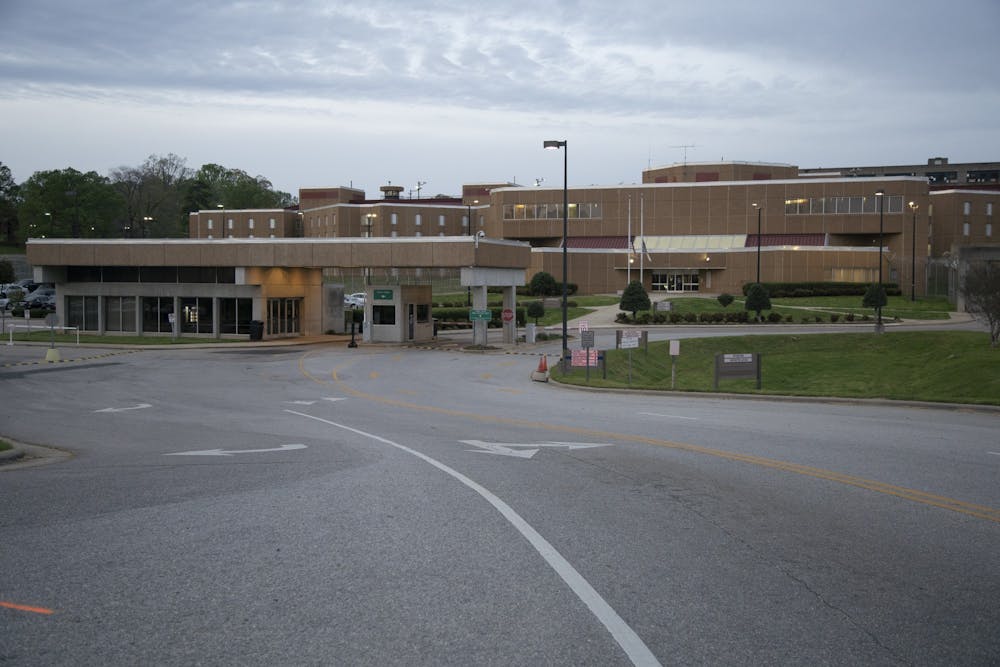Although Erik Hooks, secretary of the N.C. Department of Public Safety, announced Monday that some prisoners have been released amid coronavirus-related concerns, activists involved with an April 8 emergency petition lawsuit to the N.C. Supreme Court say these actions may not be effective enough.
The ACLU of North Carolina, Disability Rights North Carolina, Emancipate NC, Forward Justice and the National Juvenile Justice Network filed a joint lawsuit on behalf of the N.C. NAACP, Disability Rights North Carolina, the ACLU of North Carolina, four people who are currently incarcerated and the spouse of an incarcerated person.
Gov. Roy Cooper hasn't said anything publicly about the lawsuit, but in an April 13 COVID-19 briefing, Hooks announced that DPS would begin increasing the limits of confinements for some prisoners and allowing them to be monitored by community corrections officers outside of DPS facilities.
Hooks said the releases would be for some prisoners who did not commit violent crimes, and those with health risks or nearing the end of their sentence would get priority release. He said the department was not taking the use of this power lightly.
“With public safety and health risk as a priority, adult corrections has transitioned the first individuals who will continue to serve their sentence in the community. They were pregnant, or over 65 with an underlying health condition,” Hooks said in the briefing. “All offenders under consideration must meet very strict criteria.”
However, advocates involved in the lawsuit say these first steps are not enough.
James Williams, first vice president for the Chapel Hill-Carrboro NAACP, is a member of the COVID Justice Collaborative, which he said helped spur the groups to file the lawsuit.
Williams said the government should consider the health risks the pandemic poses to prisoners, who are especially vulnerable to COVID-19 because of the challenge associated with instituting preventative measures like social distancing and increased sanitation in a prison setting.
“They are dependent on the state of North Carolina and our public officials to keep them safe and out of harm’s way, and should not be subjected to a penalty of death as a result of inadequate actions related to this pandemic,” Williams said.



